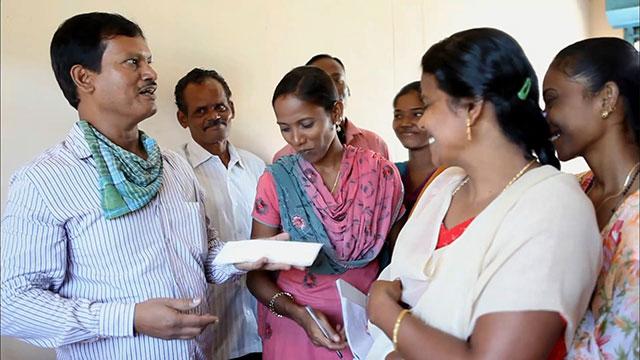
It's based on the life of Arunachalam Muruganantham. He says, "In the early days of my marriage, I accidentally saw my new wife using an unhygienic rag. I wouldn't even use the cloth to clean my scooter."
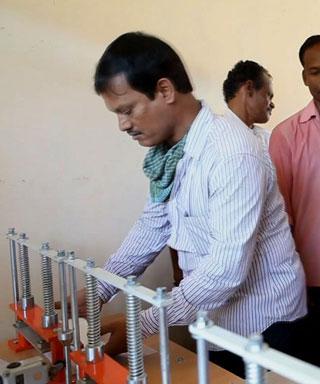
After years of experimenting, he developed a machine that could produce low-cost sanitary pads. Travelling to dozens of villages, he helped women replicate his invention. The movie has cast a spotlight on an issue that had long been buried.
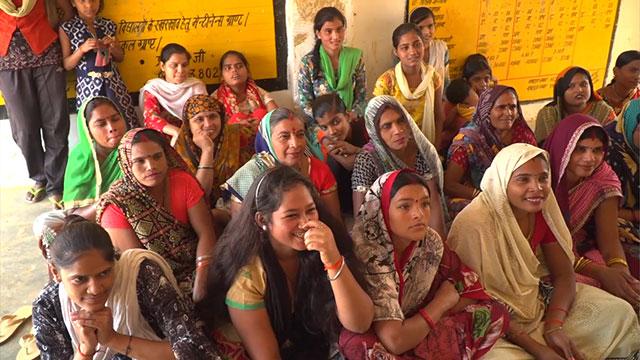
Girls growing up in India are often told that periods are something to be ashamed of. Until recently, talking about the issue in public would have been unthinkable.
The girls and women spoke to us about what are regarded as taboos. One young woman said, "I'm told to stay home, not to talk with others. My mother scolds me. My parents and my elder brother all tell me not to go out."
Another woman told us, "We're banned from touching holy things, such as the Ganges River, because they would become filthy if we touch them."
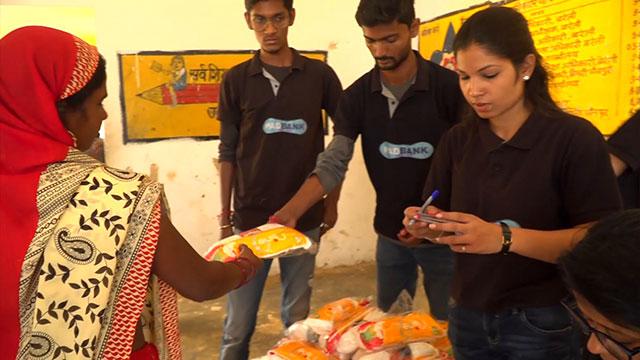
But the movie "Padman" has changed that.
In Bareilly, north India, an NGO called Pad Bank was formed by 15 men and women including medical students who were inspired by the movie.
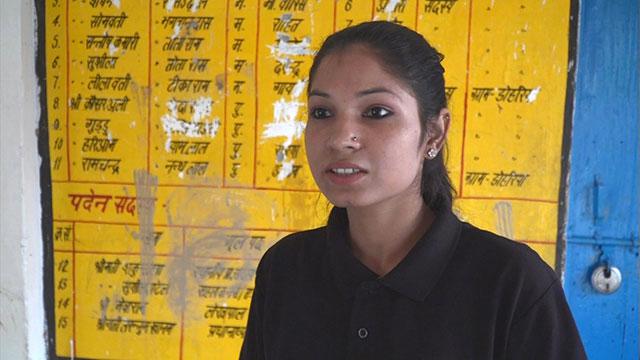
One of the members, Sahel Choudhary, says, "I hope that more people will know that menstruation is not an illness but a monthly routine. I want to stress there's nothing to be embarrassed about."
They distribute sanitary pads for free to women who cannot afford to buy them. They get online donations through social networking services, and visit villages or slums to distribute pads and hold seminars.
At a village 5 km away from the town of Bareilly, a member of Pad Bank asked women and girls in the village what they use during their period.
They all answered, "Old cloths." For most women in India, sanitary pads are too expensive and so they are not commonly used. Old cloths, straws or ashes are used instead.

The members not only distribute pads but also explain their importance in preventing illness and infection. For attendees of their seminars, it's an eye-opening experience.

One of the girls, 15-year-old Kajal Patel, would always use old cloths when she had her period. She told us, "My school uniform is white, so I was worried about stains. I gave up going to school during my period because it would have been embarrassing."
I heard about similar experiences from many others who missed school or work because of such problems.
Patel added that since her father passed away last year, her family's financial situation became more difficult. She stopped going to school and her 10-year-old younger brother had to start working.
But thanks to Pad Bank, Patel discovered a newfound sense of freedom. She said, "To me, pads mean freedom! I can ride a bicycle, play and even cook. It makes walking and running so much easier. I can do anything!" The activities of Pad Bank helped bring joy back into her life.
Despite the progress, sanitary napkins are still unavailable to more than 80 percent of the women in India. Muruganantham hopes the Bollywood movie will bring about more change.
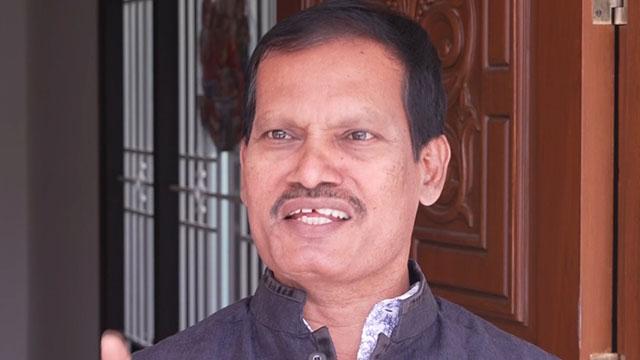
He says it's a cause worth fighting for and a movement everyone should join, regardless of gender. He adds, "Women are the most powerful creatures created by god. So I think we should give more and more power to women. My dream is that 100% of women in India will have access to sanitary pads, and this should lead to at least a million more women working in the country."
